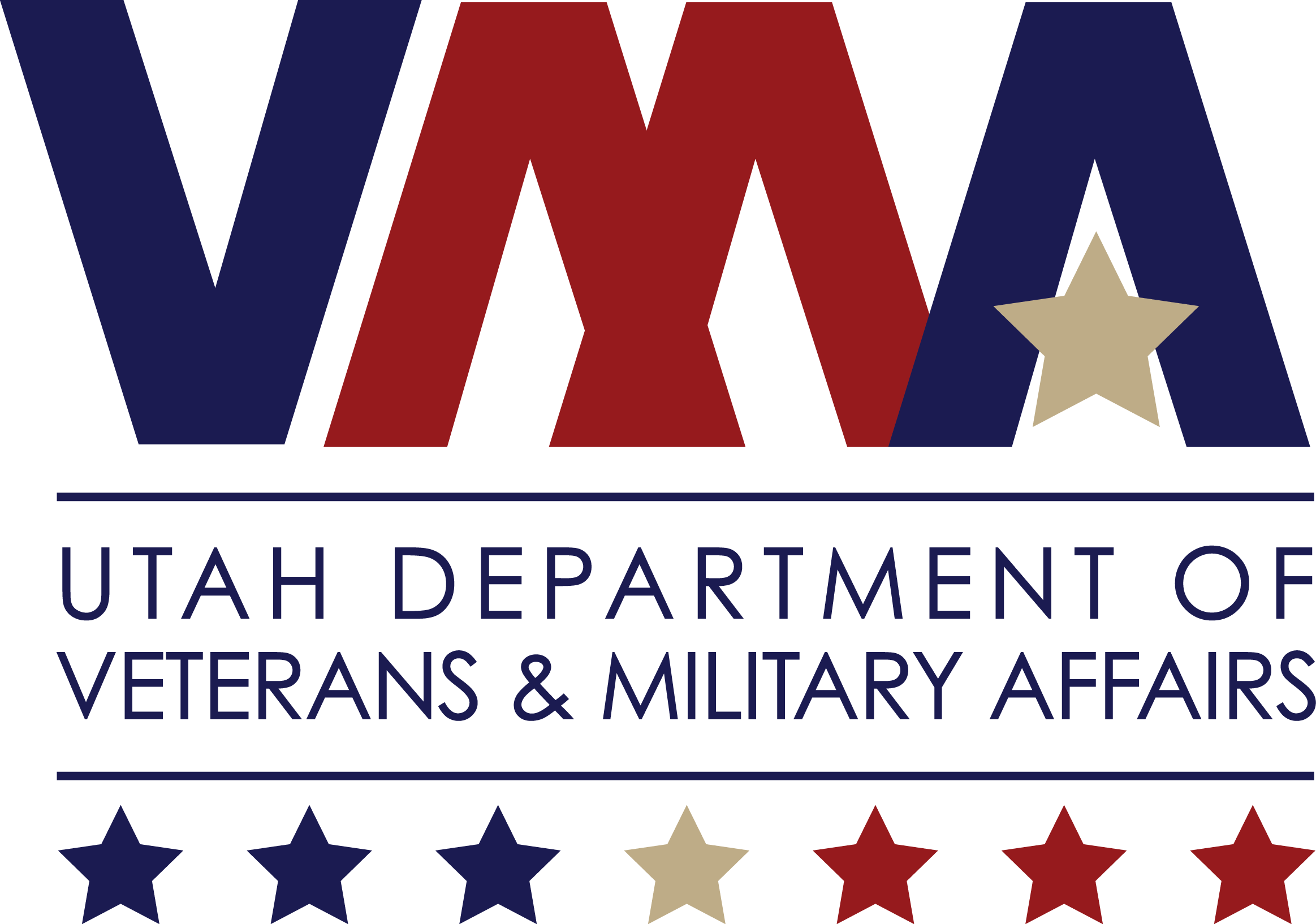The 2022 Utah Legislative Session came to an end on Friday, March 4. We are grateful for the hard work and support of the Utah Legislature in continuing to make Utah the best state in the nation for Veterans, members of the military, and their families. Below is a brief summary of the several bills and resolutions related to and affecting the Veteran and Military communities that were passed during the 2022 session.
H.B. 154 Occupational Therapy Licensure Compact
This bill enacts the Occupational Therapy Licensure Compact making Utah one of 15 member states. The purpose of the compact is to facilitate interstate practice of and increase access to Occupational Therapy services. By joining the compact, Utah and the other member states agree to recognize one another’s licenses regarding occupational therapists. We are grateful for the opportunities this compact will provide to spouses and families of relocating military members who may be practicing in the field of Occupational Therapy.
H.B. 155 Veteran Access to State Parks
This bill expands the State Parks Honor Pass Program giving free access to state parks to all Veterans with any percentage of disability rating from the U.S. Department of Veterans Affairs. Previously, the Honor Pass was only available to Veterans with a 50 percent disability rating or higher. The change will take effect on July 1, 2022. Veterans need only to provide a current Summary of Benefits letter issued by the Department of Veteran Affairs in order to obtain the pass at Utah State Park Regional Offices and most State Parks. Learn more on the Utah State Parks website.
H.J.R. 11 Joint Resolution Supporting Services for Veterans
This Joint Resolution encourages the Utah Department of Veterans and Military Affairs to submit a grant application for the replacement and expansion of the William E. Christoffersen Salt Lake Veterans Home. After nearly 25 years in operation, the Salt Lake Veterans Home is in need of important upgrades to meet the standards of care and increased demand. Because the current location and facilities do not allow for the necessary improvements, the Legislature has approved UDVMA to seek funding to support the relocation and replacement of the home.
H.B. 360 Title 39a – National Guard and Militia Act
This bill recodifies Title 39, Militias and Armories, as Title 39A, National Guard and Militia Act. It updates outdated language and modernizes the state code.
S.B. 7 National Guard, Veterans Affairs, and Legislature Base Budget
This bill provides the base budget for the National Guard and the Utah Department of Veterans and Military Affairs. We are pleased to see increased funding for UDVMA to continue to provide services and support to Utah’s Veteran and military communities including funds toward a new Northern Utah Veterans Cemetery, replacing the Salt Lake Veterans Home, and funding the First-time Homebuyer Grant.
S.B. 48 Income Tax Modifications
This bill provides that a claimant may not claim a social security tax credit or a military retirement tax credit, if a retirement tax credit is claimed on the same return.
S.B. 58 Day of Remembrance Observing the Incarceration of Japanese Americans During World War II
This bill designates February 19 as an annual day of remembrance observing the incarceration of Japanese Americans during World War II. Utah recognizes the struggle and sacrifice of Japanese Americans at this time and commits to remembering and honoring them with the designation of this day of remembrance.
S.B. 77 Military Vehicle License Plate Amendments
This bill allows an exemption from the requirement to display a license plate on a military vehicle as long as the license plate is in the vehicle and available for inspection by law enforcement.
S.B. 233 Military Service member Child Enrollment
This bill amends provisions regarding nonresident and open enrollment for children of military service members and gives them priority enrollment opportunities to attend a school outside of the district in which they reside. This change seeks to ease the burden on relocating military families.

